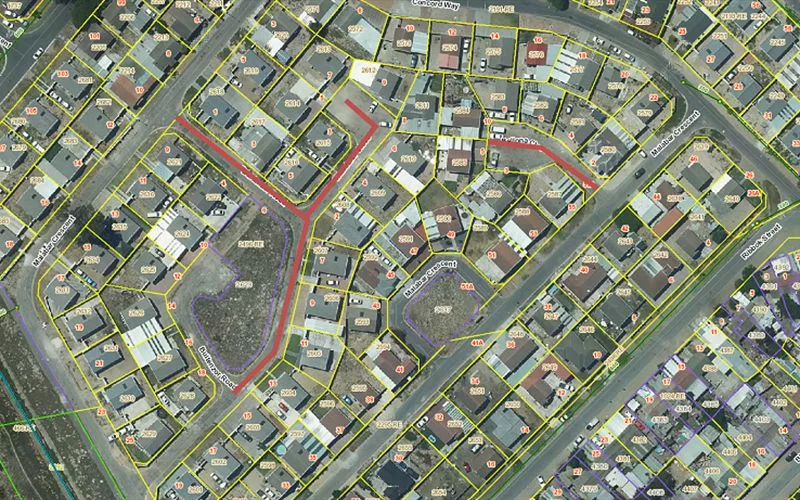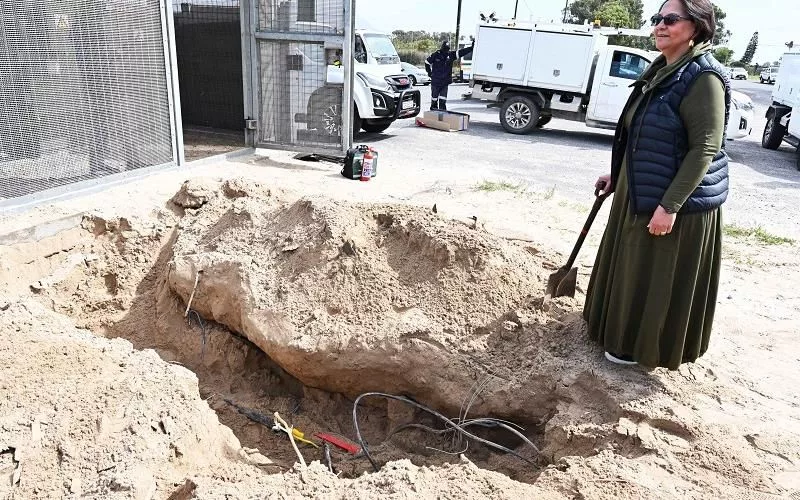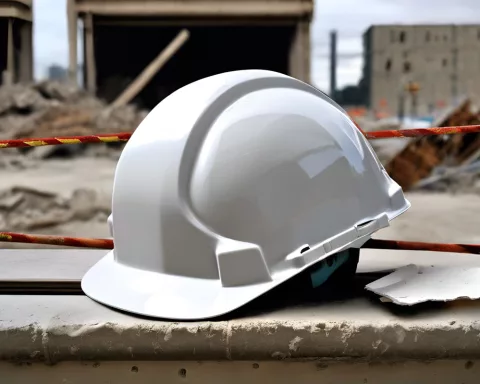The Blackheath road resurfacing initiative is a major project in Cape Town, South Africa, aiming to overhaul many roads in the suburb to invigorate the locality and improve the quality of life for its residents and businesses. The project will last two months and includes the removal of the existing road surface and the application of a new layer of asphalt. This dedication to urban development reflects the city administration’s commitment to enhancing the urban environment and ensuring that Cape Town remains a thriving and dynamic city for all its residents.
What is the Blackheath road resurfacing initiative?
The Blackheath road resurfacing initiative is a significant road infrastructure project in Cape Town, South Africa. The City of Cape Town’s Urban Mobility Directorate will overhaul many roads in the suburb, including Buitenzorg Road, Wanderer Close, Bellona Close, Vineyard Avenue, and Valley Road, to name a few. The project aims to invigorate the locality and elevate the quality of life for its residents and businesses.
A Fresh Start for Blackheath’s Roadways
On May 2, 2024, a significant metamorphosis will commence in the vibrant suburb of Blackheath, located in Cape Town, South Africa. The City of Cape Town’s Urban Mobility Directorate has revealed an extensive road resurfacing initiative that intends to overhaul the suburb’s road infrastructure. This project symbolizes a fresh start for Blackheath, promising to invigorate the locality.
Spanning over a period of two months, the project will encompass many roads within the community. These include Buitenzorg Road, Wanderer Close, Bellona Close, Vineyard Avenue, and Valley Road, to mention a few. The road construction activities will take place between 07:30 and 17:00 on weekdays, with the Urban Mobility Directorate prepared to extend the work to weekends if necessary.
But this project means more than just a cosmetic enhancement for Blackheath. It signifies an investment into the suburb’s future, aiming to elevate the quality of life for its residents and businesses. A well-managed road network isn’t just a benefit for commuters—it’s a crucial economic catalyst, providing support for businesses and the wider community.
The Project’s Execution and Impact
The thoroughness of the road resurfacing initiative is evident in the detailed blueprint formulated by the Urban Mobility Directorate. The process will start with the removal of the existing road surface, followed by the application of a new layer of asphalt. This will essentially bestow a new lease of life upon the roads. Any road signs removed during the construction will be meticulously restored to maintain continuity and uphold Blackheath’s unique character.
Councillor Rob Quintas, the City’s Mayoral Committee Member for Urban Mobility, has highlighted the project’s significance. For Quintas, this maintenance work isn’t just about routine upkeep—it’s about guaranteeing the durability of Blackheath’s road network. He emphasized the importance of caution for road users during the construction phase, for their safety and the safety of the workers.
Residents of Blackheath welcome the road resurfacing initiative. It serves as a recognition of the suburb’s significance in the wider context of Cape Town. The enhanced roads and the resulting improvement in commuting will likely have a positive influence on the overall quality of life in Blackheath.
The Promise of a Brighter Future
The project also reflects the city administration’s dedication to urban development. By launching a project of this scale, the administration is demonstrating its commitment to enhancing the urban environment and ensuring that Cape Town remains a thriving and dynamic city for all its residents.
As the roadworks begin in the heart of Blackheath, it signifies a new chapter for the suburb. As the residents adapt to this period of transformation, their patience and understanding are crucial to the project’s success. Nevertheless, the prospect of a smoother, more efficient road network offers a hint of something truly enthralling on the horizon.
The Blackheath road resurfacing project is more than a municipal initiative—it’s a testament to a collective vision of a safer, more accessible, and more efficient Cape Town. It’s a tale of a city and its suburb progressing unitedly, one road at a time.
However, the influence of this project extends beyond the borders of Blackheath. It serves as a reminder of the power of urban renewal, conscientious city planning, and a city’s dedication to its residents. Essentially, the road resurfacing initiative is a narrative about progress, development, and a community evolving together.
When will the Blackheath road resurfacing initiative begin and how long will it last?
The project is set to begin on May 2, 2024, and will last for two months.
Which roads in Blackheath will be included in the resurfacing initiative?
The initiative will include the resurfacing of many roads in the community, including Buitenzorg Road, Wanderer Close, Bellona Close, Vineyard Avenue, and Valley Road, among others.
What is the process involved in the road resurfacing initiative?
The process will begin with the removal of the existing road surface, followed by the application of a new layer of asphalt. Any road signs removed during the construction will also be carefully restored.
What is the significance of the road resurfacing initiative for Blackheath?
The initiative signifies an investment in the community’s future, aiming to improve the quality of life for its residents and businesses. A well-managed road network is also crucial for the economic growth of businesses within the community.
Who is involved in the Blackheath road resurfacing initiative?
The initiative is led by the City of Cape Town’s Urban Mobility Directorate, with Councillor Rob Quintas, the City’s Mayoral Committee Member for Urban Mobility, playing a significant role.
What is the broader impact of the Blackheath road resurfacing initiative?
The initiative reflects the city administration’s dedication to urban development and demonstrates a commitment to enhancing the urban environment for all residents of Cape Town. It also serves as a reminder of the power of urban renewal and conscientious city planning.












